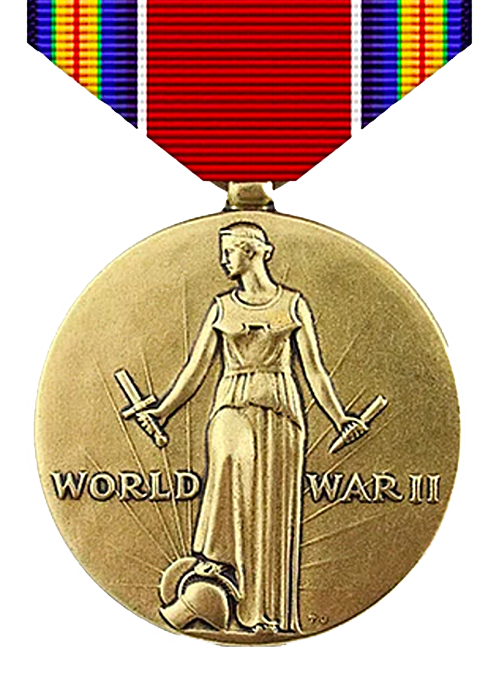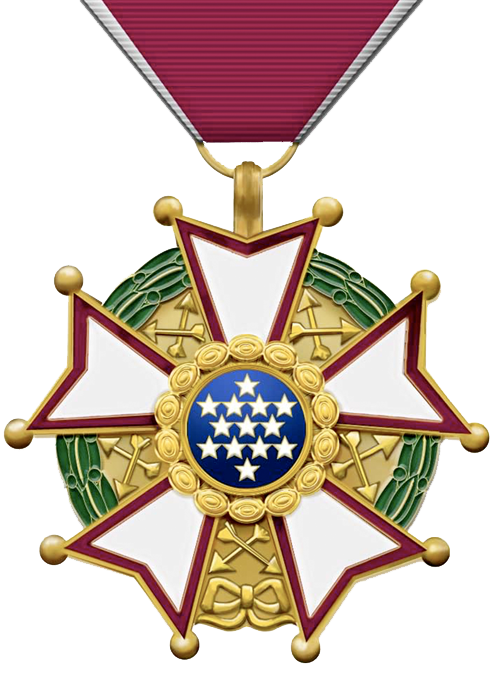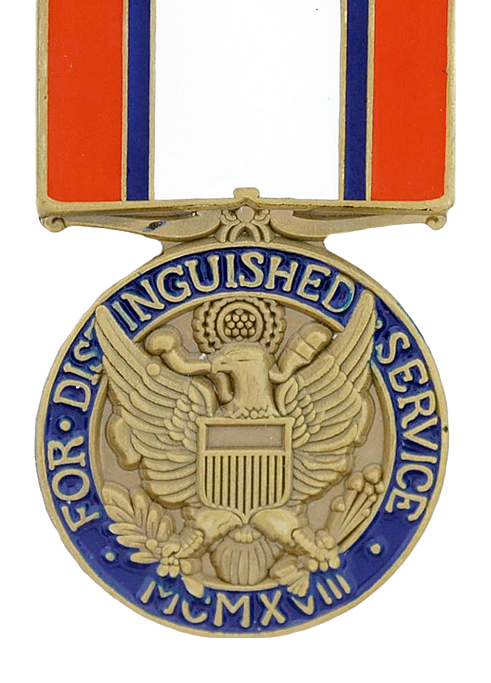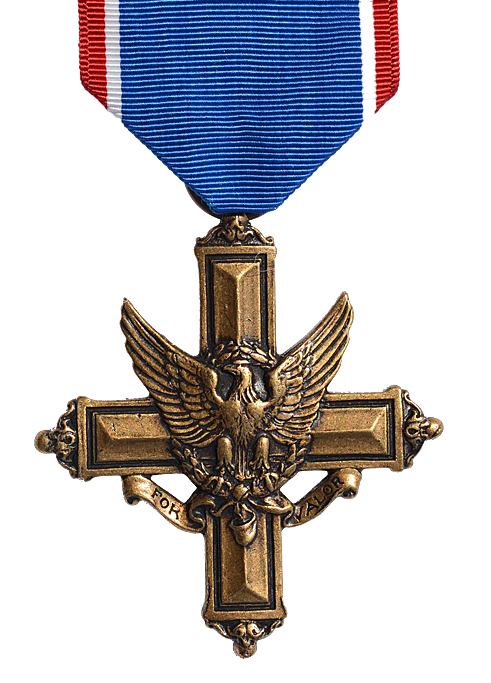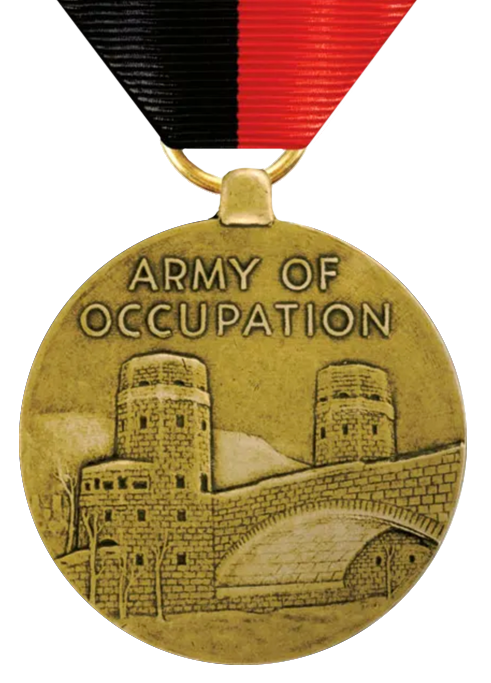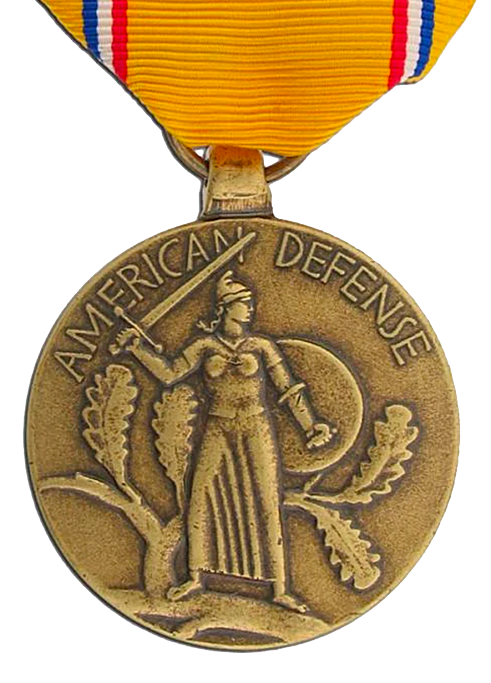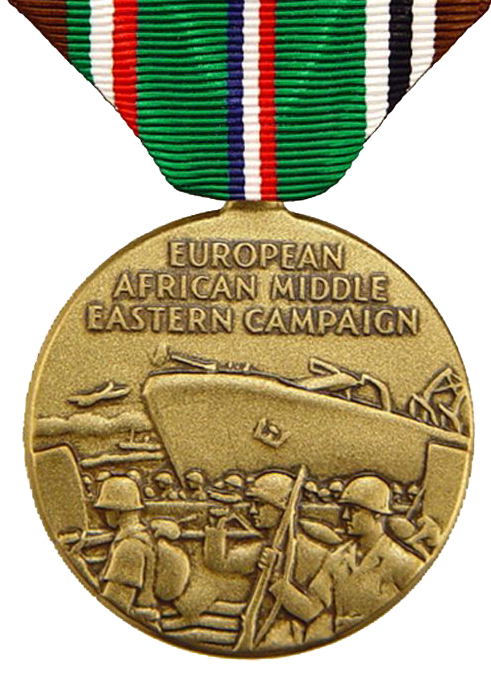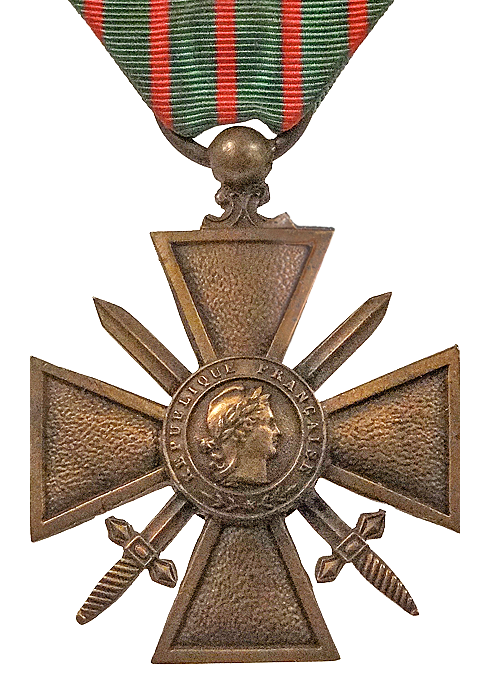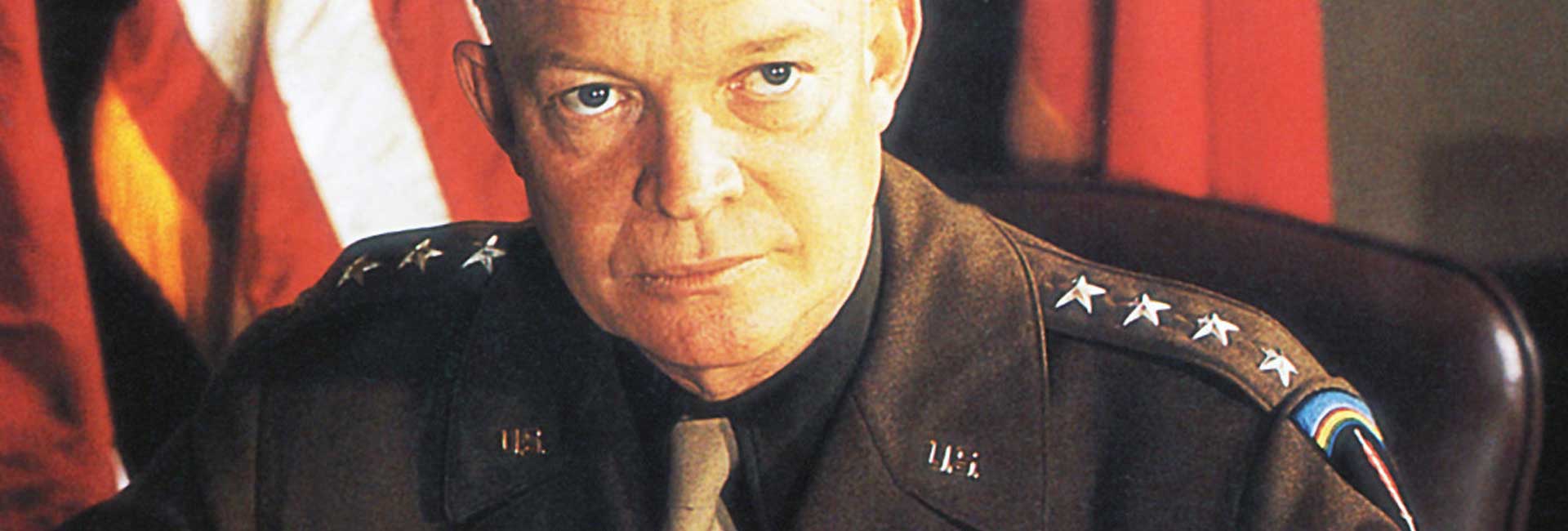
Life and death of Dwight D. Eisenhower
Life and death of Dwight D. Eisenhower, the facts
Dwight David "Ike" Eisenhower (October 14, 1890 - March 28, 1969) was the 34th President of the United States from 1953 until 1961. He was a five-star general in the United States Army during World War II and served as Supreme Commander of the Allied Forces in Europe; he had responsibility for planning and supervising the invasion of North Africa in Operation Torch in 1942–43 and the successful invasion of France and Germany in 1944–45 from the Western Front. In 1951, he became the first supreme commander of NATO.
World War II
After the Japanese attack on Pearl Harbor, Eisenhower was assigned to the General Staff in Washington, where he served until June 1942 with responsibility for creating the major war plans to defeat Japan and Germany. He was appointed Deputy Chief in charge of Pacific Defenses under the Chief of War Plans Division (WPD), General Leonard T. Gerow, and then succeeded Gerow as Chief of the War Plans Division. Then he was appointed Assistant Chief of Staff in charge of the new Operations Division (which replaced WPD) under Chief of Staff General George C. Marshall, who spotted talent and promoted accordingly.
At the end of May 1942, Eisenhower accompanied Lt. Gen. Henry H. Arnold, commanding general of the Army Air Forces, to London to assess the effectiveness of the theater commander in England, Maj. Gen. James E. Chaney. He returned to Washington on June 3 with a pessimistic assessment, stating he had an "uneasy feeling" about Chaney and his staff. On June 23, 1942, he returned to London as Commanding General, European Theater of Operations (ETOUSA), based in London and with a house on Coombe, Kingston upon Thames, and replaced Chaney.
Operations Torch and Avalanche
In November 1942, he was also appointed Supreme Commander Allied Expeditionary Force of the North African Theater of Operations (NATOUSA) through the new operational Headquarters A(E)FHQ. The word "expeditionary" was dropped soon after his appointment for security reasons. The campaign in North Africa was designated Operation Torch and was planned underground within the Rock of Gibraltar. Eisenhower was the first non British person to command Gibraltar in 200 years.
French cooperation was deemed necessary to the campaign, and Eisenhower encountered a "preposterous situation' with the multiple rival factions in France. His primary objective was to move forces successfully onto Tunisia, and intending to facilitate that objective, he gave his support to François Darlan as High Commissioner in North Africa, despite Darlan's previous high offices of state in Vichy France and his continued role as Commander in Chief of French armed forces. The Allied leaders were "thunderstruck" by this from a political standpoint, though none of them had offered Eisenhower guidance with the problem in the course of planning the operation. Eisenhower was severely criticized for the move. Darlan was assassinated later that year by Fernand Bonnier de La Chapelle. Eisenhower did not take action to prevent the arrest and extrajudicial execution of Bonnier de La Chapelle by associates of Darlan acting without authority from either Vichy or the Allies, considering it a criminal rather than a military matter. Eisenhower later appointed General Henri Giraud as High Commissioner, who had been installed by the Allies as Darlan's commander in chief, and who had refused to postpone the execution.
Operation Torch also served as a valuable training ground for Eisenhower's combat command skills; during the initial phase of Erwin Rommel's move into the Kasserine Pass, Eisenhower created some confusion in the ranks by some interference with the execution of battle plans by his subordinates. He also was initially indecisive in his removal of Lloyd Fredendall. He became more adroit in such matters in later campaigns. In February 1943, his authority was extended as commander of AFHQ across the Mediterranean basin to include the British Eighth Army, commanded by General Bernard Law Montgomery. The Eighth Army had advanced across the Western Desert from the east and was ready for the start of the Tunisia Campaign. Eisenhower gained his fourth star and gave up command of ETOUSA to be commander of NATOUSA.
After the capitulation of Axis forces in North Africa Eisenhower oversaw the highly successful invasion of Sicily. Once Mussolini had fallen in Italy, the Allies switched their attention to the mainland with Operation Avalanche. But while Eisenhower argued with Roosevelt and Churchill, who both insisted on unconditional terms of surrender in exchange for helping the Italians, the Germans pursued an aggressive buildup of forces in the country – making the job more difficult, by adding 19 divisions and initially outnumbering the Allied forces 2 to 1, Nevertheless, the invasion of Italy was highly successful.
Supreme Allied commander and Operation Overlord
In December 1943, President Roosevelt decided that Eisenhower - not Marshall - would be Supreme Allied Commander in Europe. The following month, he resumed command of ETOUSA and the following month was officially designated as the Supreme Allied Commander of the Allied Expeditionary Force (SHAEF), serving in a dual role until the end of hostilities in Europe in May 1945. He was charged in these positions with planning and carrying out the Allied assault on the coast of Normandy in June 1944 under the code name Operation Overlord, the liberation of Western Europe and the invasion of Germany.
Eisenhower, as well as the officers and troops under him, had learned valuable lessons in their previous operations, and their skill sets had all strengthened in preparation for the next most difficult campaign against the Germans - a beach landing assault. His first struggles, however, were with Allied leaders and officers on matters vital to the success of the Normandy invasion; he argued with Roosevelt over an essential agreement with de Gaulle to use French resistance forces in covert and sabotage operations against the Germans in advance of Overlord. Admiral Ernest J. King fought with Eisenhower over King's refusal to provide additional landing craft from the Pacific. He also insisted that the British give him exclusive command over all strategic air forces to facilitate Overlord, to the point of threatening to resign unless Churchill relented, as he did. Eisenhower then designed a bombing plan in France in advance of Overlord and argued with Churchill over the latter's concern with civilian casualties; de Gaulle interjected that the casualties were justified in shedding the yoke of the Germans, and Eisenhower prevailed. He also had to skillfully manage to retain the services of the often unruly George S. Patton, by severely reprimanding him, when Patton earlier had slapped a subordinate and then when Patton gave a speech in which he made improper comments about postwar policy.
The D-Day Normandy landings on June 6, 1944 were costly but successful; a month later the invasion of Southern France took place, and control of the forces which took part in the southern invasion passed from the AFHQ to the SHAEF. Many prematurely considered that victory in Europe would come by summer's end; however German capitulation would not come for almost a year. From then until the end of the war in Europe on May 8, 1945, Eisenhower through SHAEF had command of all Allied forces, and through his command of ETOUSA, administrative command of all U.S. forces, on the Western Front north of the Alps. He was ever mindful of the inevitable loss of life and suffering that would be experienced on an individual level by the troops under his command and their families. This prompted him to make a point of personally visiting every division involved in the invasion. Ike's sense of responsibility was underscored by his draft of a statement to be issued if the invasion failed; it has been called one of the great speeches of history:
Our landings in the Cherbourg-Havre area have failed to gain a satisfactory foothold and I have withdrawn the troops. My decision to attack at this time and place was based on the best information available. The troops, the air and the Navy did all that bravery and devotion to duty could do. If any blame or fault attaches to the attempt, it is mine alone.
Liberation of France and victory in Europe
Once the coastal assault had succeeded, Eisenhower insisted on retaining personal control over the land battle strategy, and was immersed in the command and supply of multiple assaults through France on Germany. Gen. Montgomery insisted priority be given to his 21st Army Group's attack being made in the north, while Gens. Bradley (12th U.S. Army Group) and Devers (Sixth U.S. Army Group) insisted they be given priority in the center and south of the front (respectively). Eisenhower worked tirelessly to address the demands of the rival commanders to optimize Allied forces, often by giving them tactical, though sometimes ineffective, latitude; many historians conclude this delayed the Allied victory in Europe. However, due to Eisenhower's persistence, the pivotal supply port at Antwerp was successfully, albeit belatedly, opened in late 1944, and victory became a more distinct probability.
In recognition of his senior position in the Allied command, on December 20, 1944 he was promoted to General of the Army, equivalent to the rank of Field Marshal in most European armies. In this and the previous high commands he held, Eisenhower showed his great talents for leadership and diplomacy. Although he had never seen action himself, he won the respect of front-line commanders. He interacted adeptly with allies such as Winston Churchill, Field Marshal Bernard Montgomery and General Charles de Gaulle. He had serious disagreements with Churchill and Montgomery over questions of strategy, but these rarely upset his relationships with them. He dealt with Soviet Marshal Zhukov, his Russian counterpart, and they became good friends.
The Germans launched a surprise counter offensive in the Battle of the Bulge in December 1944 which was turned back in early 1945 by the Allies after Eisenhower repositioned his armies and improved weather allowed the Air Force to engage. German defenses continued to deteriorate on both the eastern front with the Soviets and the western front with the Allies. The British wanted Berlin but Eisenhower decided it would be a military mistake for him to attack Berlin, and said orders to that effect would have to be explicit. The British backed down, but then wanted Eisenhower to move into Czechoslovakia for political reasons. Washington refused to support Churchill's plan to use Eisenhower's army for political maneuvers against Moscow. The actual division of Germany followed the lines that Roosevelt, Churchill and Stalin had previously agreed upon. The Soviet Red Army captured Berlin in a very large-scale bloody battle, and the Germans finally surrendered on May 7, 1945.
Death
On the morning of March 28, 1969, Eisenhower died in Washington, D.C., of congestive heart failure at Walter Reed Army Medical Center, at age 78. The following day, his body was moved to the Washington National Cathedral's Bethlehem Chapel, where he lay in repose for 28 hours. He was then transported to the United States Capitol, where he lay in state in the Capitol Rotunda March 30–31. A state funeral service was conducted at the Washington National Cathedral on March 31. The president and First Lady, Richard and Pat Nixon, attended, as did former president Lyndon Johnson. Also among the 2.000 invited guests were U.N. Secretary General U Thant and 191 foreign delegates from 78 countries, including 10 foreign heads of state and government.
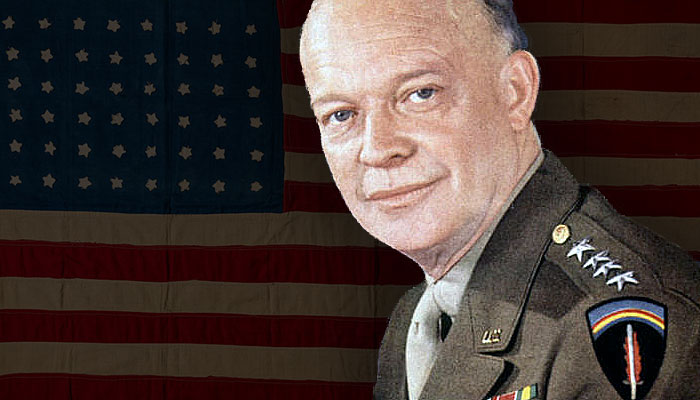
-
Born: October 14, 1890
-
Denison, Texas
-
Died: March 28, 1969
-
Washington, D.C.

